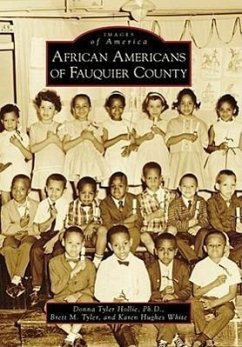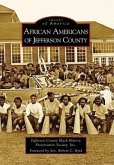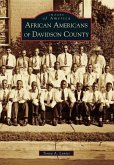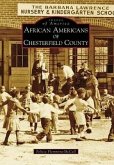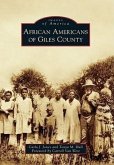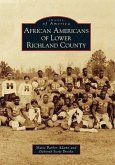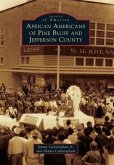Fauquier County, in Northern Virginia, was established in 1759. It was formed from Prince William County and was named for Virginia lieutenant governor Francis Fauquier. In 1790, there were 6,642 slaves in Fauquier County. By the eve of the Civil War, there were 10,455. From 1817 to 1865, the county was home to 845 free black people. The African American population declined at the end of Reconstruction, and by 1910, the white population was double that of blacks. The population imbalance continues today. Through centuries of slavery and segregation, Fauquier County's African American population survived, excelled, and prospered. This minority community established and supported numerous churches, schools, and businesses, as well as literary, political, and fraternal organizations that enhanced the quality of life for the entire county.

